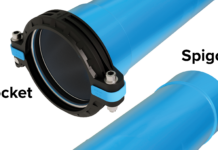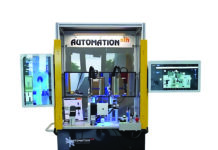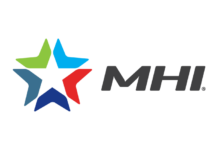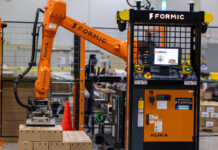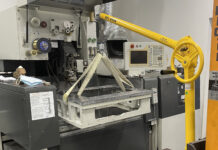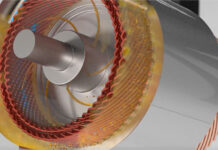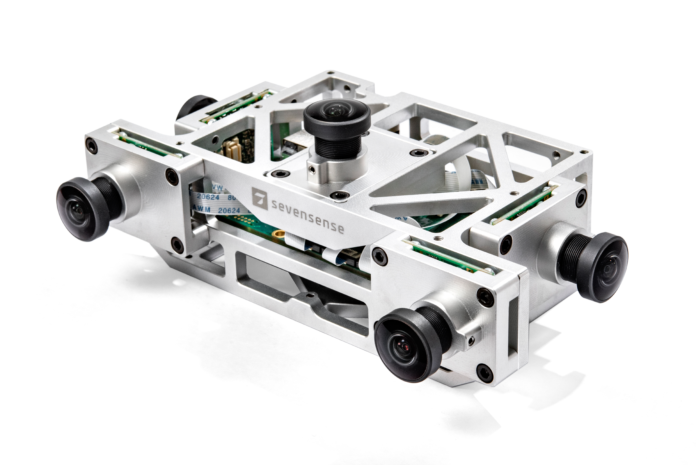Sevensense Robotics has unveiled a new name for its state-of-the-art multi-camera visual-inertial sensor. Alphasense Core is now Core Research.
The development kit, tailored for research applications in the computer vision field, was rebranded to honor its user base.
Core Research consists of five high-sensitivity cameras and a synchronized IMU. It offers multi-camera support, synchronized visual-inertial data, high-sensitivity image sensors, and robotics-specific exposure algorithms. It can be used to research Visual AI applications.
“Sevensense Robotics has academic roots and with Core Research, we aim to enable the academic and research community to innovate and further develop vision-based solutions”, said Gianluca Cesari, Co-founder and CBDO of Sevensense Robotics.
A history of visionary research powered by Core Research
Since its launch in 2019, the development kit has received major international recognition and has been used by a number of research teams.
Thanks to the release of Core Research, in 2020 Sevensense Robotics won the RBR50 Innovation Award.
In 2021, the team CERBERUS -formed by researchers from the Autonomous Systems Lab at ETH Zurich, the Norwegian University of Science and Technology, and Oxford University-, winner of the DARPA Subterranean Challenge, equipped their legged robots with Core Research.
In the words of Marco Tranzatto, the technical lead for the Robotics Systems Lab of ETH Zürich, “Core Research was very important for our success in the SubT challenge because it not only gave us sensor data for the visual-inertial odometry pipeline but also allowed us to have a surround-view by placing the cameras in different positions around the robot. The goal of the SubT challenge was to look for and locate objects of interest, such as manikins that were mimicking potential survivors. Having such a broad field of view was a crucial point in scoring that high in the final competition.”
Moreover, since 2021 the construction hardware manufacturer HILTI uses Core Research as a dataset recording device for their annual SLAM challenge.
Michael Helmberger, Robotics Engineer at HILTI stated the reason for selecting Core Research, “It offers high-class cameras and IMU that are extremely well-calibrated and synchronized. The custom exposure algorithm is great for scenarios with large changes in lighting conditions, where you otherwise would lose all features in visual slam. Also, the integration into our system was super easy with PTP and ROS.”
Operational news announced in conjunction with this rebranding
Sevensense has also announced it has outsourced the sales of the rebranded development kit to its resellers MYBOTSHOP and ARGO.
- MYBOTSHOP distributes robotic components and systems to universities and research institutes. Their focus region is Europe, and they also offer worldwide shipments.
- ARGO is a specialized trading company for innovative technology originating from outside of Japan. Their focus region is Japan.
About Sevensense Robotics
Sevensense builds the eyes and brains for mobile robots whose vision and intelligence empower manufacturers of manually operated vehicles to become providers of smart robots and enter the automation revolution of the 21st century.
Sevensense solves complex automation challenges for its clients in the fields of logistics and service robotics. The Sevensense technology radically simplifies and accelerates their development efforts, as it can easily be installed on any kind of ground vehicle, transforming them into smart robots.
Sevensense envisions a world in which repetitive, dangerous, and unhygienic jobs in factories, warehouses, and public spaces will be carried out by robots equipped with their technology.
Sevensense is a spin-off of the Swiss Federal Institute of Technology, ETH Zurich.
The Sevensense technology has been internationally acclaimed: recognized in 2021 with the ABB Robotics Innovation Challenge, in 2022 with the Swiss Technology Award, and in 2023 with the Swiss Logistics Award.

